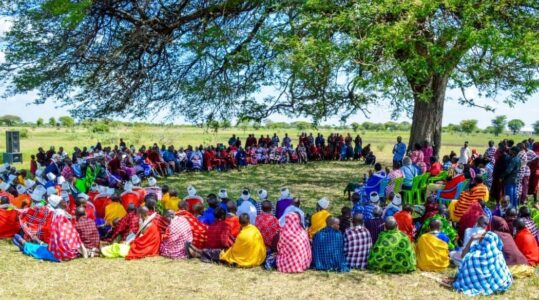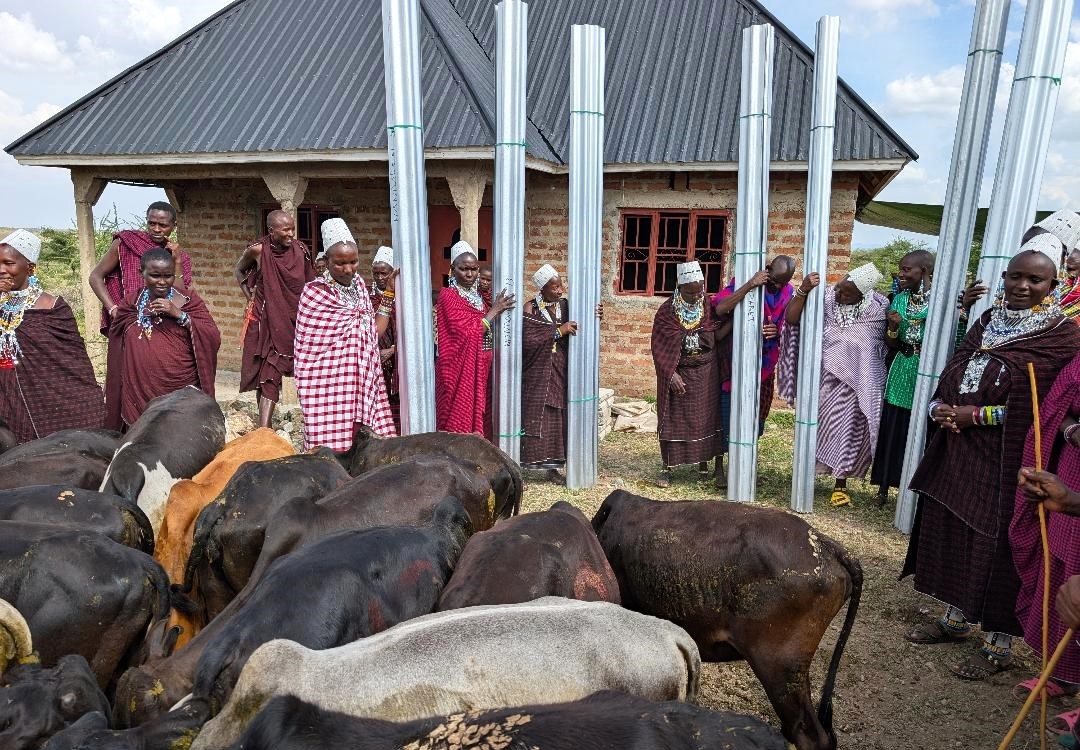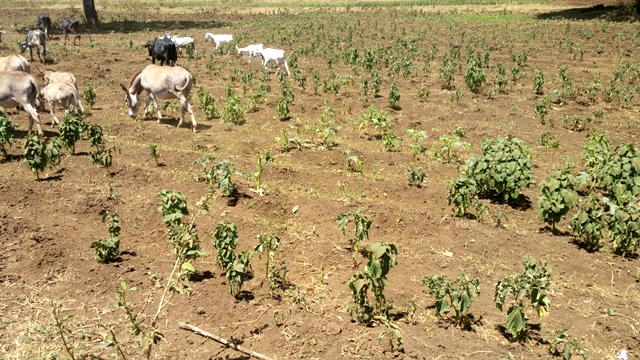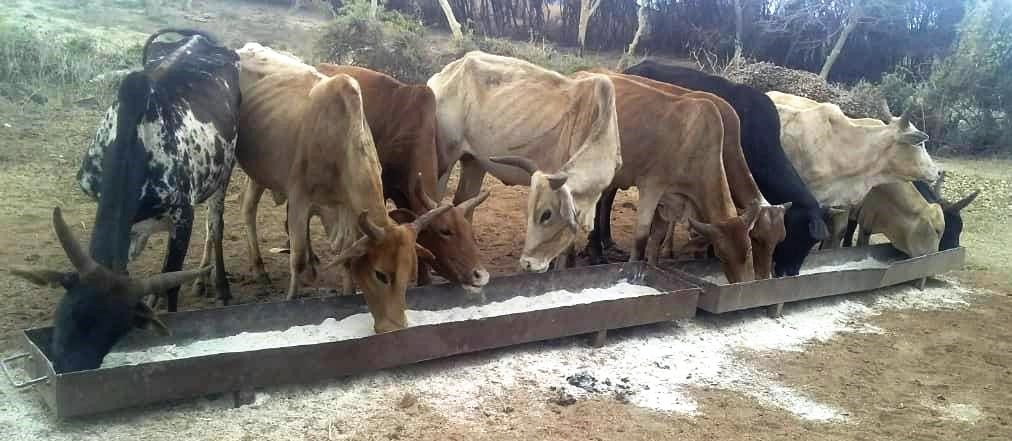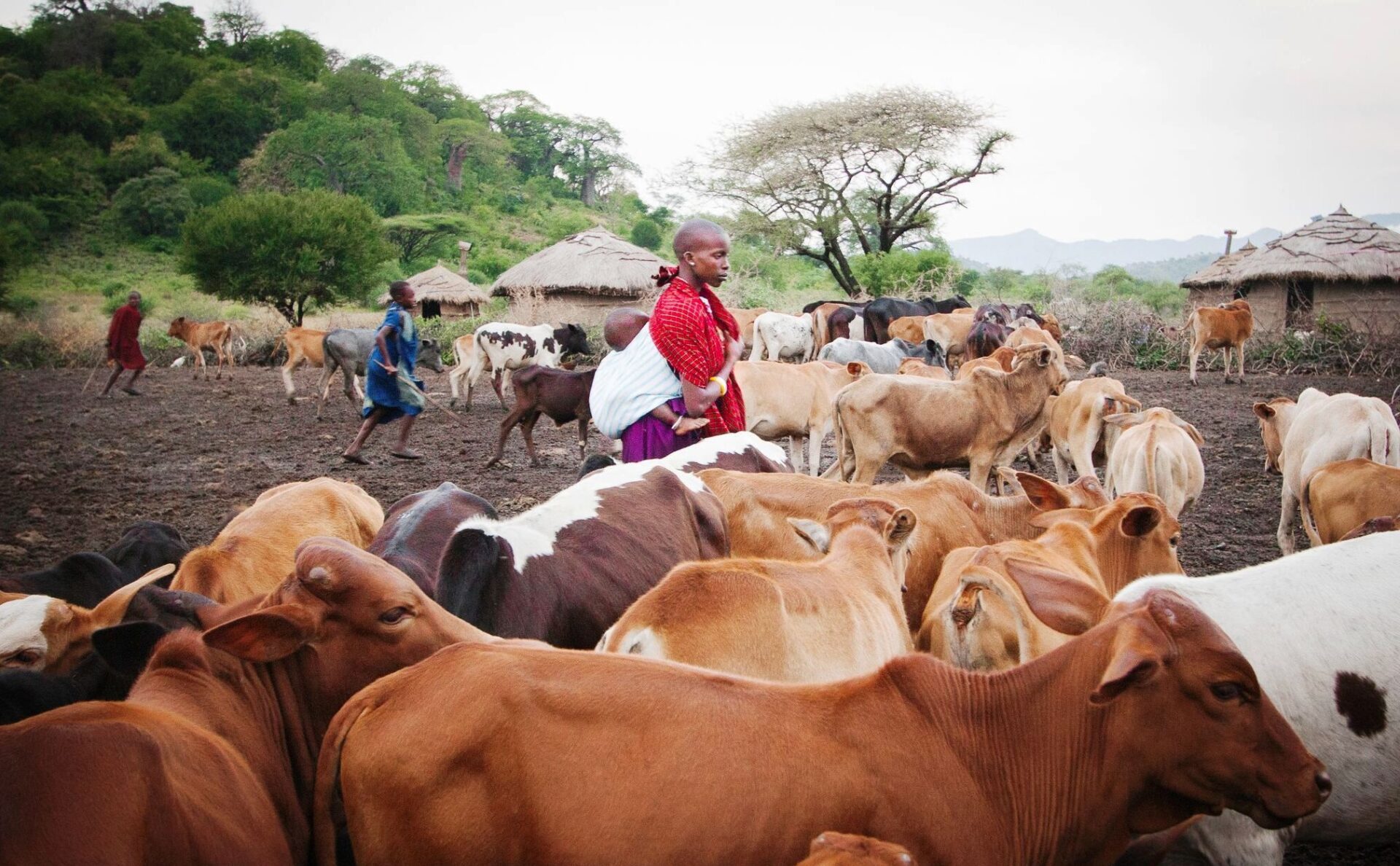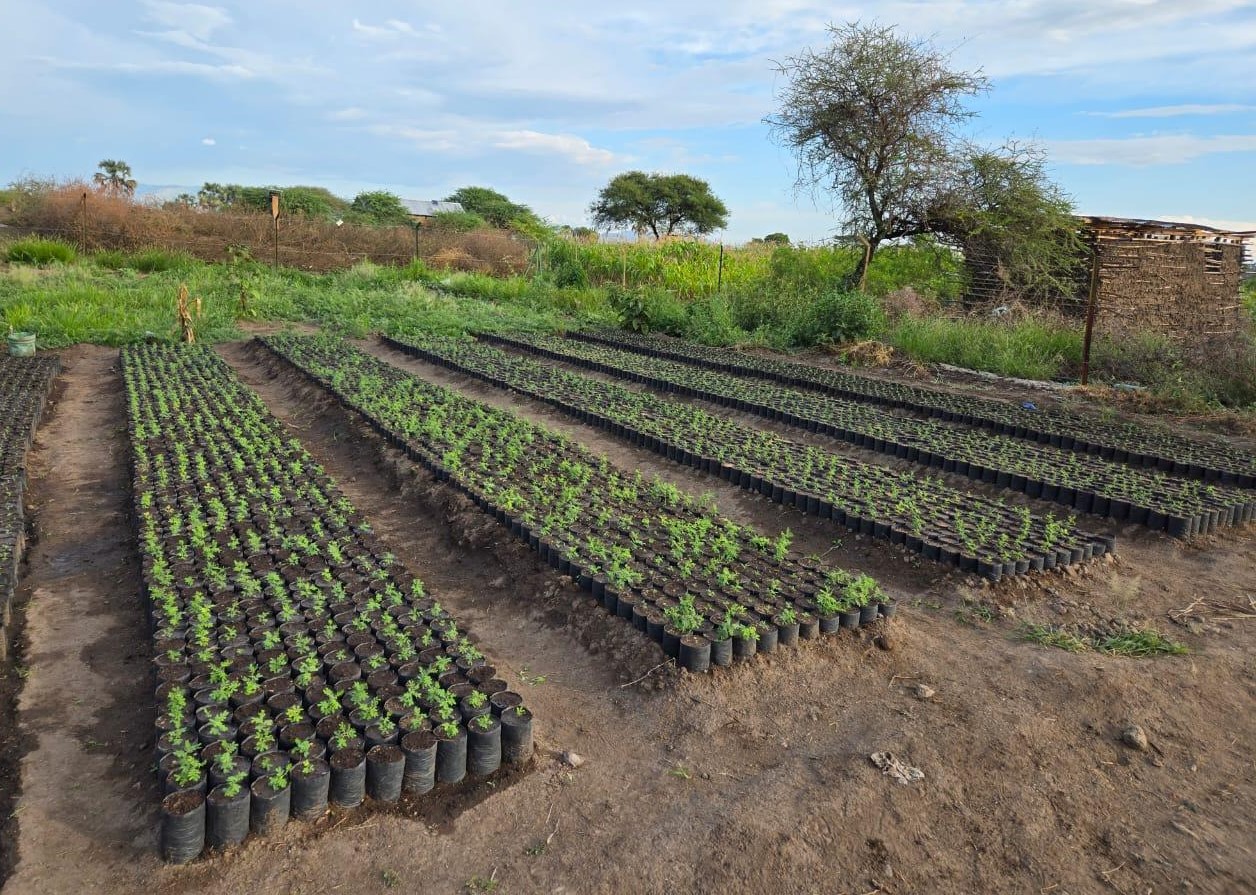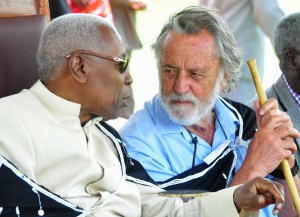News and Resources
Welcome to the International Collaborate for Science, Education, and the Environment (ICSEE). Also known as the International Collaborative, the ICSEE, and the ICSEE(T), we are the home of the Maasai Stoves & Solar Project. The ICSEE is a non-profit organization based in the U.S. and Tanzania. ICSEE (T) is a non-profit organization based in Tanzania.
For more details, please visit the enews archive
Kisioki Moitiko honored by the Global Fund for Widows
The ICSEE thanks all who joined the 2024 tour presentations at select U.S. cities. At the completion of the tour, ICSEE Project Manager Kisioki Moitiko was honored by the Global Fund for Widows. At the Fund’s 2024 gala, the Fund recognized for his leadership in creating Widow’s Groups in Tanzania with Country Director Mesha Singolyo, and the International Collaborative staff.
After meeting with Executive Director Heather Ibraham, colleagues, and members of the Board, Dr. Lange, along with Mr. Moitiko joined in the celebration. The ICSEE gratefully received recognition of the whole of the ICSEE for the creative input for the widespread development, expansion, and success of the program. Read about the impact of International Collaborative programs here.
Women’s Group News
Thirty-five of the ICSEE Women’s Groups participated in a great celebration on February 10, 2025. The groups included those funded by ICSEE exclusively and those co-sponsored with the Global Fund for Widows.
The International Collaborative recognized the groups’ accomplishments. It also added some capital to each group’s banks, making it possible for the women to take on even more actions. Congratulations to all.
Pictured above is a group of women as they take their profits from their collective business. Those who were about to build a new house with three rooms and a metal roof received roofing sheets. The rolled sheets are visible in the photo. Those who already had a house with a metal roof each received a cow.
Climate Change News
People everywhere are seeking ways to lessen global warming and its effects. But in Tanzania, a “least-developed country,” the damage wreaked by climate change out-scales any capacity for prevention. In light of this, climate change adaptation is now the most urgent requirement, and a unifying theme for the International Collaborative.
Rift Valley herders can no longer depend completely on open grazing for their cattle, as that exposes the people to the most serious impacts of drought.
Livestock demonstrations and innovation
Today, many Maasai herders are now familiar with these new approaches to livestock management. After the rainy season each year, the International Collaborative demonstrates alternative methods at the Manyara Feedlot and the Hay Farm.
Launching these programs in 2017, the ICSEE and ICSEE (T) initiated the demonstration of practical alternatives to open grazing. This was followed by the establishment of the Fodder Factory, that provides high-quality feed for cattle, especially critical in times of drought. The International Collaborative also established the Hay Farm on 45 acres of rented land.
These programs demonstrate how herders can exploit rain, when it comes, to grow and store food in the form of hay for when it is too dry for grazing. The ICSEE is developing multiple ways for the Rift Valley herders to keep their cows in very good, fat, and healthy condition throughout the droughts, to be able to sell them at good prices.
Women’s groups and livestock initiatives
Cow fodder production at the ICSEE(T) Fodder is in full swing. Produced very inexpensively, the news is spreading quickly about this high-quality nutritious supplemental cow fodder for sale. It is priced at a low 30,000 shillings (about $12.00) per bag.
The Groups, located in villages throughout Monduli district, are also sharing the information about the availability of the excellent supplemental feed. This also provides opportunities for the International Collaborative’s organized Women’s Groups to participate as fodder retailers. There is no need for the women to store the fodder, as the ICSEE delivers it to the groups on demand.
Farming and tree program news
The International Collaborative announced the launch of its demonstration farm in August of 2023. Called the “Smart Farm,” it is a six-and-a-half-acre plot located next to the Selela Forest.
The Farm presents an excellent opportunity to partner with farmers for all to achieve independence from rain. This can make it possible for the farmers to run successful agricultural businesses in increasingly extreme conditions.
Surveyed for water, the ICSEE then drilled an 80-foot-deep borehole to access groundwater. It added solar-powered pumps distributing the water to the Smart Farm and beyond.
Bringing More Benefits to Developing Villages
Humanity for Children, working in Simanjiro villages, and the Olmoti project, devoted to bringing benefits to the people of Olmoti, added a key dimension to their life-improvement work. Before engaging the Maasai Stoves & Solar Project, the people they serve in clinics, schools, and sewing centers were going home to very unhealthy homes.
These two programs located resources making it possible to invite the Maasai Stoves & Solar Project to their work areas. These collaborations bring healthier homes to the people, getting the smoke out of the houses. It also lights the homes with solar-powered electric light, far from the grid, in these locations.
In Olmoti, the International Collaborative provided expertise in organizing women’s groups, and four groups of 25 women each are already benefiting from their funds-sharing-bank and their livestock businesses.
The Project trained new members of the Maasai Women’s Installation Team in Simanjiro district and in the remote Olmoti village at the eastern base of Mt. Kilimanjaro. They are installing the ICSEE stoves into the houses of the people.
Collaborating with Canada
The International Collaborative announced a new collaboration with the Mto wa Mbu Folk Development College. The Canadian government, together Canadian and Tanzanian colleges, invited the ICSEE to become a partnering Community Based Organization.
The Canadian collaborative entity aims to empower Tanzanian women and adolescent girls with educational opportunities. The Canadian collaboration wishes to spread training into the communities, so the women and girls can participate, enter into business, and thrive.
These new educational opportunities do not necessarily involve full degree programs in Tanzania. Folk Development Colleges, (FDCs) and Community Based Organizations (CBOs) partner with each other and with Canadian colleges.
Folk Development Colleges are developing short, effective courses. The Community Based Organizations, including the International Collaborative, are involved in training to help Maasai groups of women and men appreciate the importance of opportunities and support for women’s enterprises and ideas.
Photography Acknowledgement
Thank you to Philip Lange for providing the photographs used throughout the website.
Archived News Stories
A Historic Visit to the ICSEE
Read excerpts from VP Dr. Bilal’s speech, “Spread the technology all over the country”
Enguiki village, Monduli Juu, Arusha, Tanzania—Tuesday, February 25th, the Maasai Stoves & Solar Project of the International Collaborative hosted His Excellency, Dr. Mohammed G. Bilal, Vice President of the United Republic of Tanzania.
Together with Minister of the Environment Dr. Binilith Mahenge and officials of Arusha region and Monduli district, Dr. Bilal toured the Project for an in-depth look at the health, environmental, and economic benefits.
The group visited the Maasai village of Enguiki, located in the plateau of the Monduli Mountains just west of Mount Meru, 100 miles west of of Mt. Kilimanjaro. This region, extending west to Mto wa Mbu and the famed Rift Valley with its salt lakes and live volcano, is one of the areas where Maasai live today. The Vice President also visited Project Headquarters and the Factory located in this region in Monduli town.
“Difference is like night and day”, said the VP
Vice President Bilal experienced a smoke-filled Maasai dwelling where the traditional three-stone fire is still being used, and also visited homes with the new stove, and witnessed the difference the stove makes for the health and quality of life of the Maasai people. “I visited two homes, one with and one without the new stove and the difference is like night and day.” He met 80 members of the Maasai Women’s Stove Installation Teams and observed them at work. Afterwards the entire community congregated for his speech, remarks by the Regional and District Commissioners, music performance by the children, and an exchange of gifts.
Photography Acknowledgement
Thank you to Philip Lange for providing the photographs used throughout the website.
